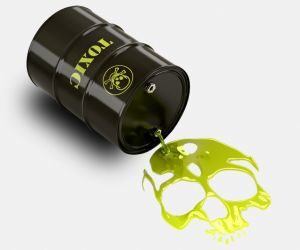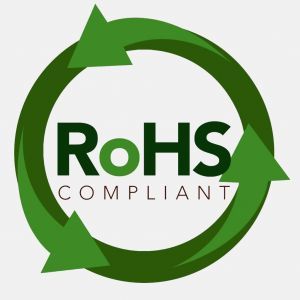RoHS Directive for Solid State Storage – What does it really mean?
 RoHS, short Reduction of Hazardous Substances, is a directive initially adopted by the European Union in February 2003. Its purpose is the restriction of the use of certain hazardous substances in electrical and electronic equipment.
RoHS, short Reduction of Hazardous Substances, is a directive initially adopted by the European Union in February 2003. Its purpose is the restriction of the use of certain hazardous substances in electrical and electronic equipment.
Directive 2002/95/EC was the first version of the RoHS regulations and was replaced by Directive 2011/65/EU in July 2011. While this is a European initiative, it’s advantageous for any WW supplier of Solid State Storage Solutions to support these regulations.
There are five specific substances banned at less than 1000ppm (part per million) under this directive, which are:
- Lead (Pb)
- Mercury (Hg)
- Hexavalent chromium (Cr6+)
- Polybrominated biphenyl (PBB)
- Polybrominated diphenyl ether (PBDE)
And one substance at less than 100ppm:
- Cadmium (Cd)
A few exemptions exist, but most electrical and electronics manufacturers, representatives, importers and distributors are required to use reasonable precautions and due diligence to comply with the RoHS regulations.
For Original Equipment manufacturers (OEM) it is vitally important to understand your supply chain and each component’s risk as related to RoHS compliance. Relying on a supplier’s declaration of RoHS compliance while knowing they’re not capable of controlling their processes does not release you from liability.
For the Cactus Technologies Industrial Flash Storage Devices we deal only with certified RoHS compliant components in our products - with no exceptions.
Cactus RoHS Compliance
 To use our Industrial Grade CF Cards for example, there are several components which make up the product. SLC NAND flash from major vendors such as Toshiba and Micron, a controller chip, several discrete components, a frame set, lids, PCB, connector, label and solder.
To use our Industrial Grade CF Cards for example, there are several components which make up the product. SLC NAND flash from major vendors such as Toshiba and Micron, a controller chip, several discrete components, a frame set, lids, PCB, connector, label and solder.
Each component used by Cactus is scrutinized prior to selection for many design related criteria, but also for RoHS compliance. Cactus also requires vendors to supply a RoHS report and a Certificate of Compliance for each component we procure.
Once a design is completed, the entire Cactus product is sent to a third party test facility to be analyzed to ensure it does not contain traces of the six controlled substances. This ensures from both a supply chain and finished product point of view that the Cactus products are RoHS compliant.
To provide documentation for our customers, Cactus provides third party test results for every product on our web site. If an OEM wants a further declaration, Cactus can provide a signed RoHS declaration document for a specific part.






